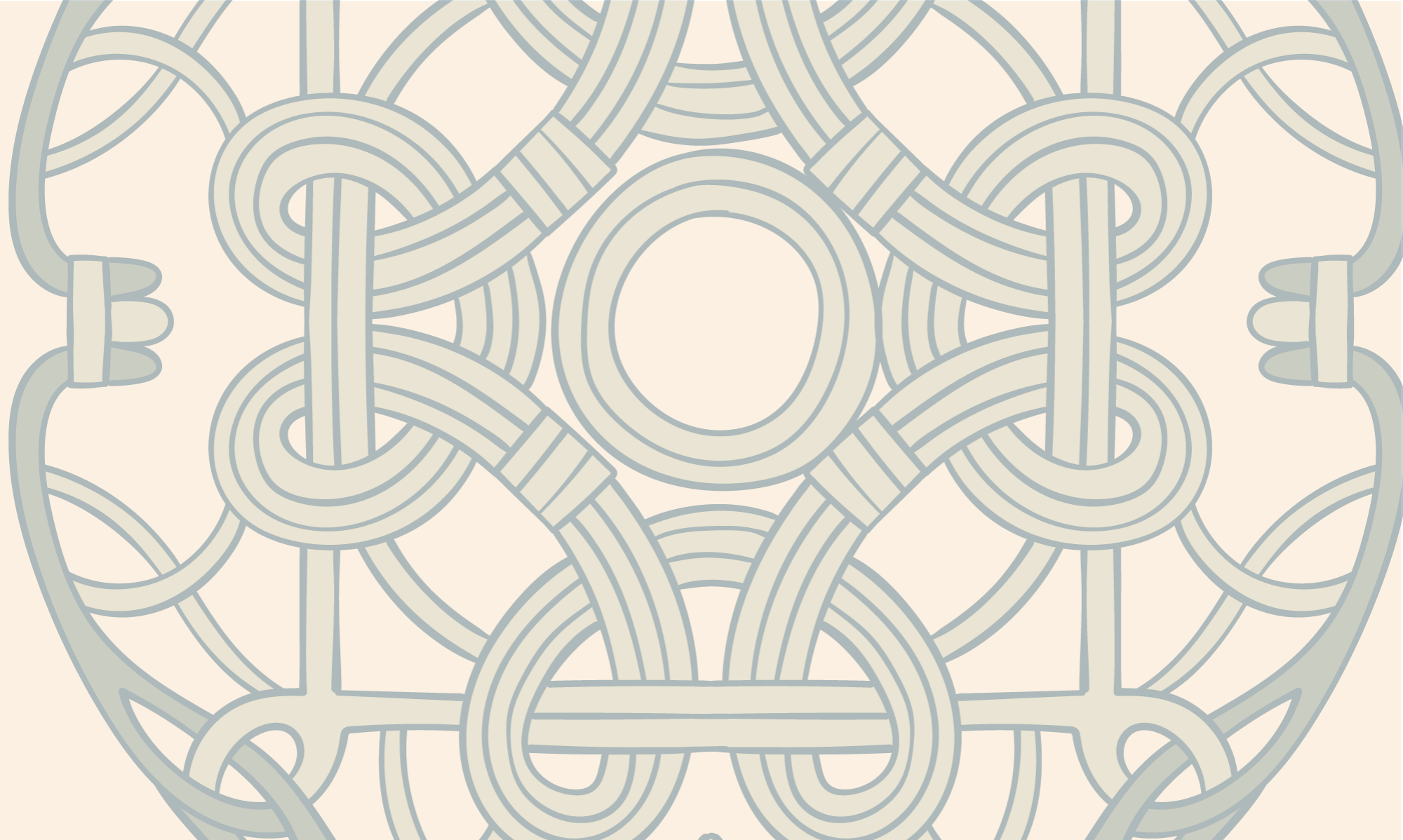The following scholars have accepted our invitation to address the conference as plenary speakers:
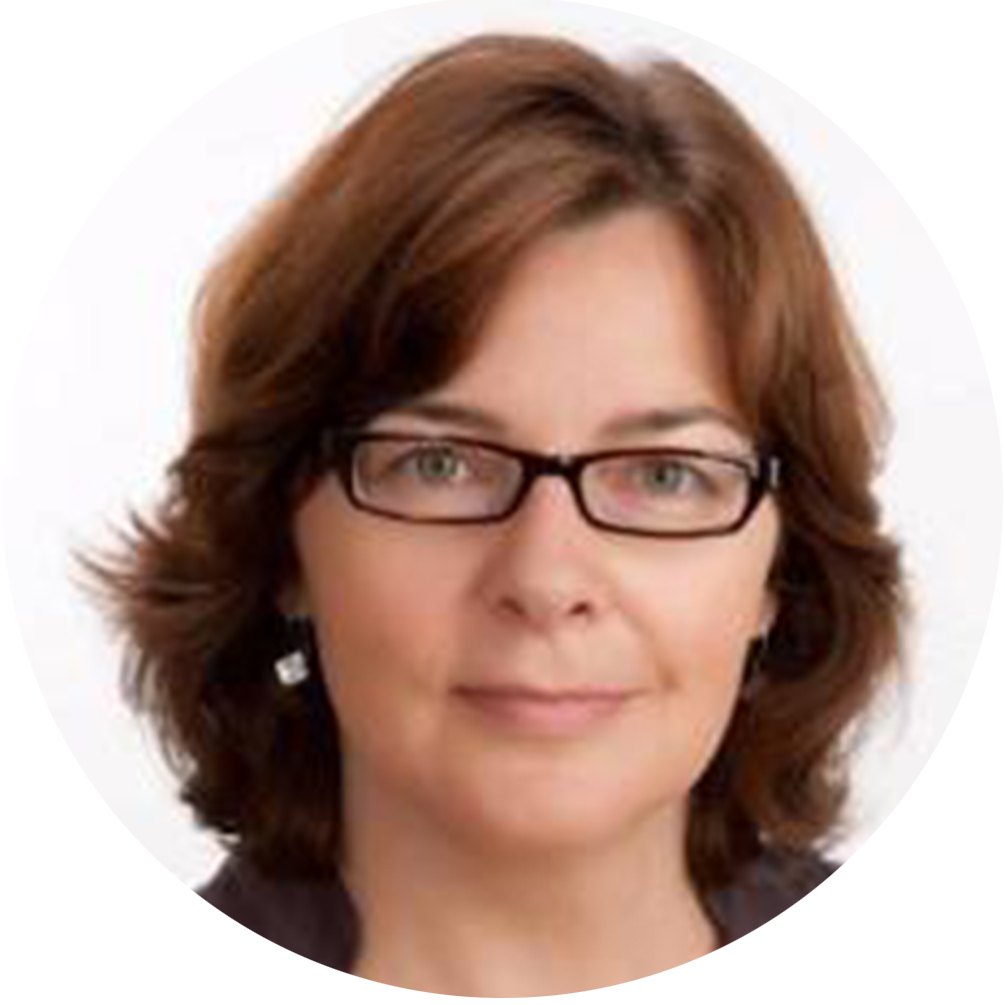
Prof. Eve Patten
Prof. Eve Patten is Director of the Trinity Long Room Hub Arts and Humanities Research Institute in Trinity College, Dublin.
Her research covers nineteenth and twentieth-century Irish literary studies, twentieth-century British fiction and cultural history, and the literature of war. Recent publications related to Irish writing include a monograph, Ireland, Revolution and the English Modernist Imagination (Oxford UP, 2022), and as editor, Irish Literature in Transition, 1940–1980 (Cambridge UP, 2020). Since publishing her first book, Samuel Ferguson and the Culture of Nineteenth-Century Ireland (Four Courts, 2004) she has written frequently on civic institutions, reading communities, and the professional middle class in Victorian Dublin. She has also published widely on modern and contemporary Irish fiction, including most recently ‘The Irish Novelist as Critic and Anthologist’, for the Oxford Handbook of Modern Irish Fiction (2020), and (with Paul Delaney) a co-edited volume of short stories, Dublin Tales, which came out in Oxford UP in 2023.
Prof. Patten is also interested in writing that crosses Irish, British, and European identities in the long twentieth century. Her monograph Imperial Refugee: Olivia Manning’s Fictions of War was published in 2011. She has co-edited Literatures of War (2008), proceedings of the International Lawrence Durrell School of Corfu, and a volume of essays on Irish cultural and literary connections to Central and Eastern Europe, Ireland, West to East (2014). She is now researching a book on the twentieth-century novelist, political activist and travel writer Ethel Mannin, based on her correspondence with contemporaries including W.B. Yeats, Bertrand Russell, Herbert Read and Emma Goldman.

Planes, Trains and Automobiles: Heaney and the Mobile Imagination
This plenary talk will consider the concept of imaginative mobility – including imaginative encounters between Ireland and Europe – in the work of Seamus Heaney. At the heart of his essay ‘The Government of the Tongue’ Heaney references Polish writer Anna Swir’s definition of the poet as ‘an antenna capturing the voices of the world’ (1988; 93). In attempting to fulfil that role how does he engage both literal forms of mobility – the car, the train and the aeroplane – and also metaphorical means of movement? Forms may travel, Caroline Levine reminds us, but they also risk structuring aesthetic experience so that they ultimately fail to communicate, to absorb, or indeed, to land at their destination (Forms, 2017). My discussion will range across forms of transport, borders, cross-cultural connection and Ireland’s antenna towards Europe in Heaney’s writing to probe the values, and possibly the limits, of the mobile imagination.
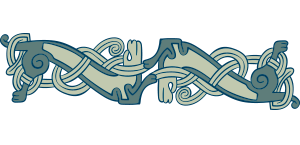
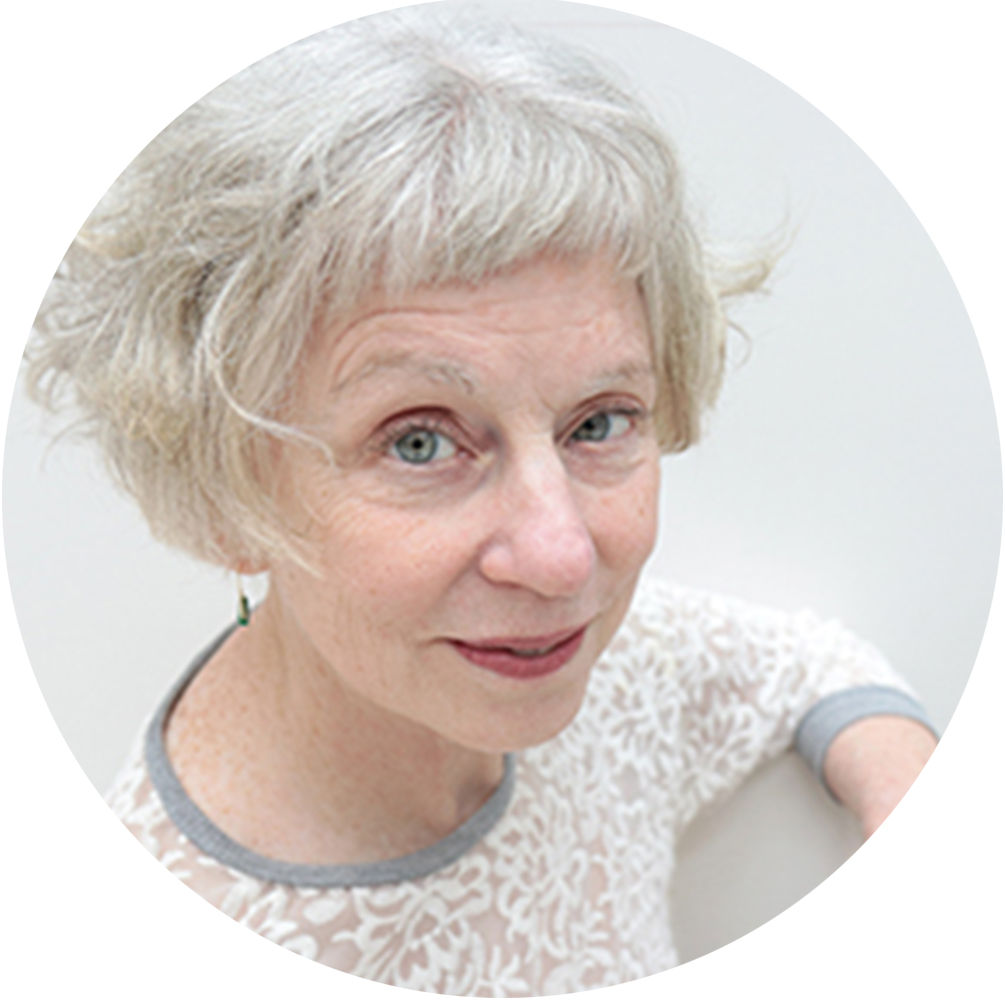
Dr Alice Lyons
Alice Lyons is a writer whose work embraces the visual arts.
Author of three books of poetry, and the novel Oona (Liliput Press, 2020), she is recipient of the Patrick Kavanagh Award for Poetry and the inaugural Ireland Chair of Poetry Bursary awarded Nuala Ní Dhomhnaill, and the first recipient of the Heaney-Miłosz Residency at Miłosz’s former apartment in Kraków. Her poetry film, The Polish Language, co-directed with Orla Mc Hardy, was nominated for an Irish Film and Television Award (IFTA, 2010). Originally from the USA, where she was Radcliffe Fellow in Poetry and New Media at Harvard University 2015/16, she has lived in the west of Ireland for over twenty years. She lectures in writing and literature at the Yeats Academy of Arts, Design & Architecture, ATU Sligo.

Notes from the Bermuda Triangle of Hospitality (what poet and traditional musician Ciaran Carson called counties Leitrim, Sligo & Roscommon)
A montage from a Werner Herzog film, viewed in the mobile cinema in Drumshanbo, County Leitrim, spurs a series of reflections on instability, fixedness and Jan Kochanowski.

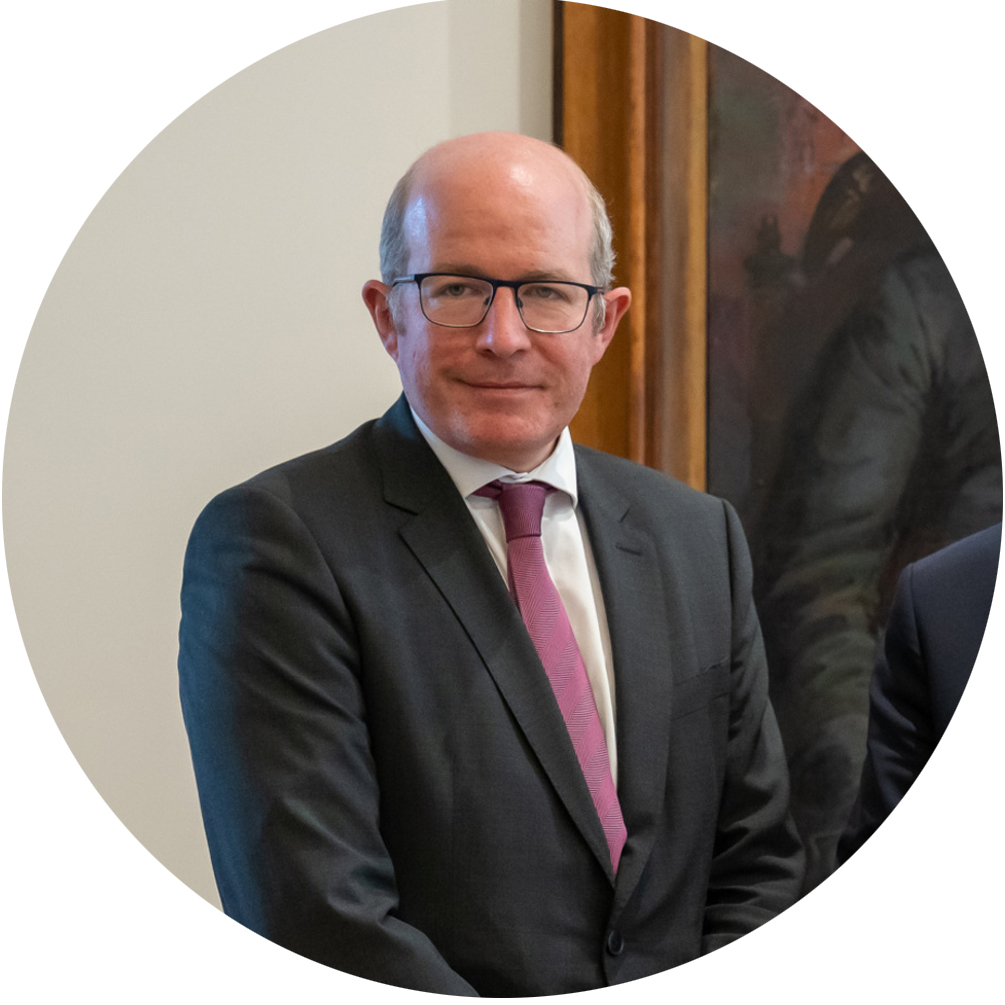
H. E. Patrick Haughey
Patrick Haughey has been Ambassador of Ireland to Poland since 2022.
Patrick grew up in Omagh in Northern Ireland. He studied Economics and Management at Oxford, then joined the Foreign and Commonwealth Office.
Patrick’s first posting was to the British Embassy in Moscow, where he served as Second Secretary covering economic and energy issues, before being promoted to head of the Economic section. Patrick was then posted to the British Embassy in Paris as First Secretary Political (2011-2015), covering foreign policy issues. From 2015-2018, Patrick was head of the Political Section in the British Embassy in Tel Aviv.
Patrick joined Ireland’s Department of Foreign Affairs in 2018. As Director of Ireland’s Humanitarian Unit, he managed Ireland’s humanitarian aid budget of around €100 million annually, as well as response to breaking humanitarian crises.
From 2020-2022 Patrick was Director of the Gulf and Middle East Unit. This coincided with Ireland’s position as a non-permanent member of the UN Security Council. In this role, Patrick oversaw successful negotiations on two UN Security Council Resolutions to extend the mandate for cross-border humanitarian aid to Syria, as well as Ireland’s role as Facilitator on the Security Council for the Iranian nuclear deal.
Patrick is married and has two young boys. He speaks French and Russian and is learning Polish.

Irish, Polish Relations: Past, Present and Future
Some of the connections between Ireland and Poland go back many centuries. Our countries have drawn inspiration from our struggles for freedom, and our cultures have influenced each other. Often, the links between Ireland and Poland were due to a small number of remarkable individuals, rather than systematic links between the countries. This changed fundamentally 20 years ago when Poland joined the European Union. Our countries now operate closely together politically, our trade and economic relations are flourishing, and our people to people connections have reached unprecedented levels. This close partnership between Ireland and Poland will be vital at a time when the EU is facing many challenges, notably Russia’s war of aggression in Ukraine.

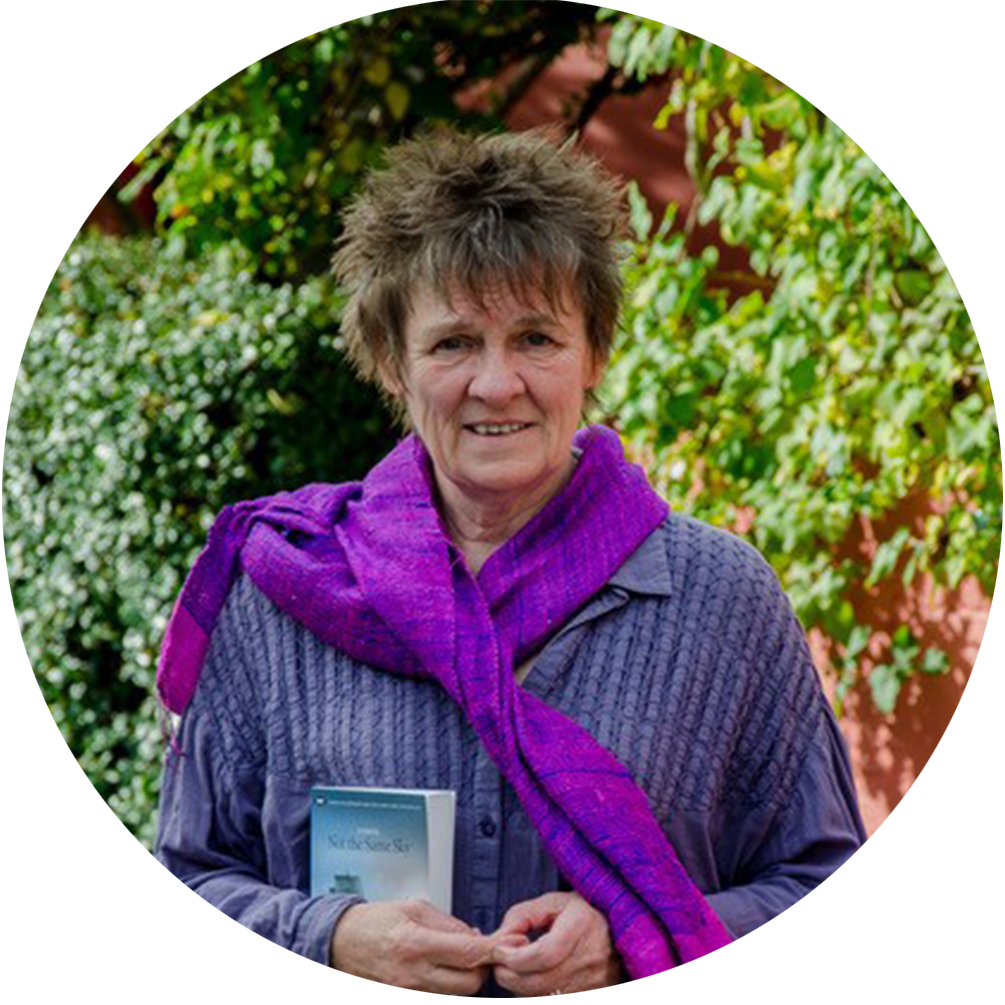
Evelyn Conlon
Evelyn Conlon is a short story writer, novelist and essayist, widely translated, most recently into Tamil, Chinese and Greek.
She has written four novels, four collections of short stories and is the editor/co-editor of four anthologies including Cutting the Night in Two and Later On. She has been writer-in-residence in many places at home and internationally, and is Adjunct Professor with Carlow University, Pittsburgh, MFA. Her last short story collection, Moving About the Place, 2021, was followed by Reading Rites: Books, writing and other things that matter, 2023, a collection of essays on the life. Telling Truths, a collection on her work, was edited by Teresa Caneda-Cabrera, published by Peter Lang, 2023. She is a member of Aosdána.
More details on www.evelynconlon.com

How the Stories Go
Evelyn Conlon will speculate on the importance of movement for her characters and take a wander with some of them, real people who morphed into fiction, including the Irish woman who attempted to assassinate Mussolini, Polish born Sophie Brzeska, the couple who wandered the equator because of a lie and the man from the border who went up a tree.

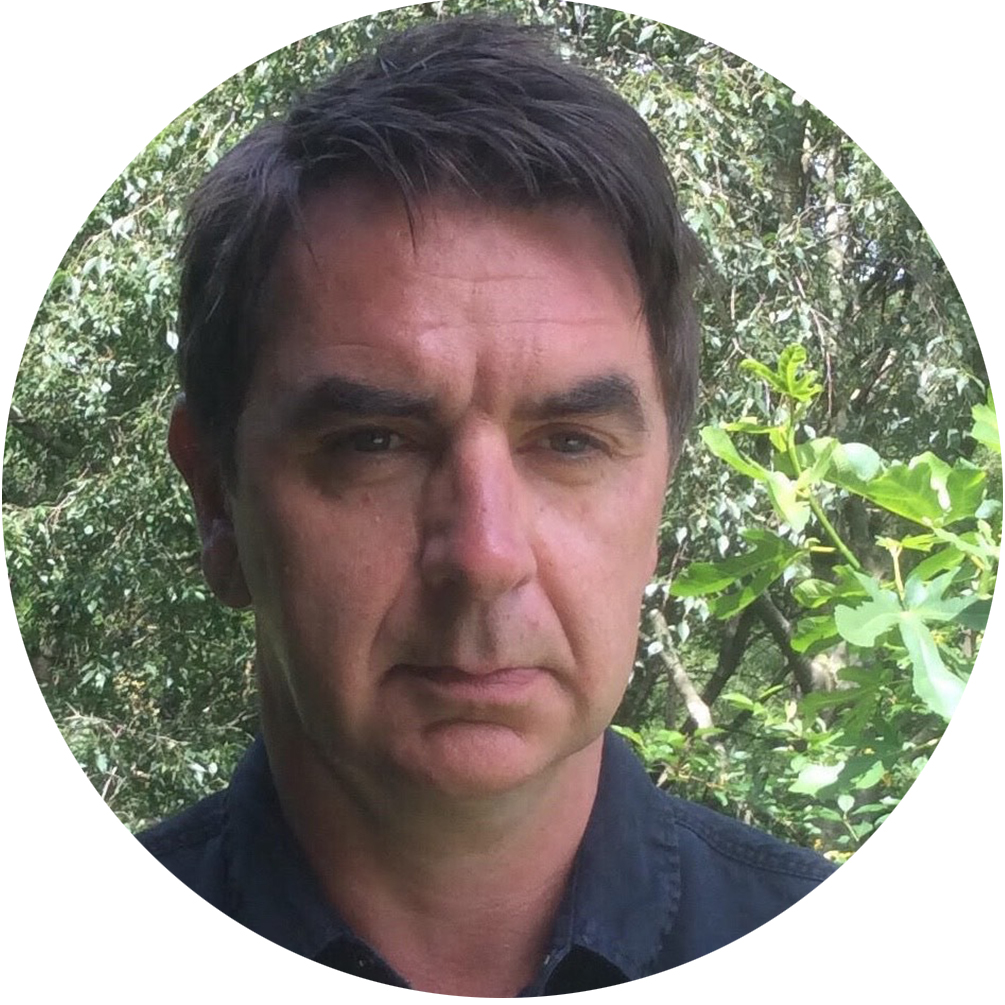
Sean O’ Reilly
From Derry in Northern Ireland, Sean O’ Reilly is an acclaimed novelist and short story writer, the author of Curfew and Other Stories, and Love and Sleep.
His most recent book is the short story collection, Levitation. As a teacher, he leads an innovative writing workshop in association with the Stinging Fly literary magazine. He is a member of Aosdána.

How the Stories Go
Sean O’ Reilly will reflect on the enduring issue of memory for Irish society. Questioning the dominant narrative that the past is somehow over, behind us, in the wake of the Good Friday agreement, I will be suggesting that an important job for the artist is to describe the private rituals of forgetting intrinsic to real social change.

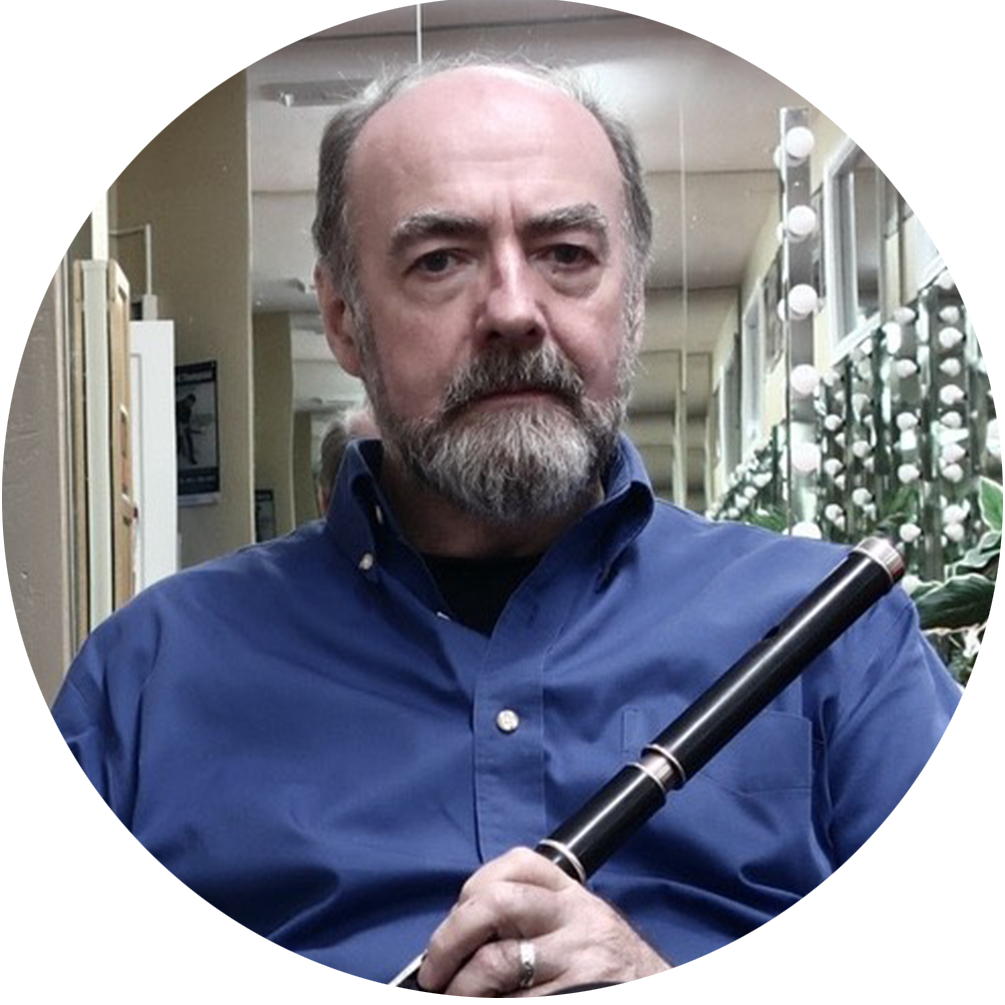
Special Guest
Fintan Vallely
Dr. Fintan Vallely is a musician and writer on traditional music. He has played throughout the world, and has recorded with Berklee professor and guitarist Mark Simos, with Irish singer Tim Lyons, and with the poet Dermot Healy.
His most recent album is a 2022 solo CD of his own music, Merrijig Creek. He was a critic with The Irish Times and The Sunday Tribune, and has been a university lecturer on Traditional music in Ireland and abroad. Among his numerous books is the encyclopedia Companion to Irish Traditional Music, for which he devised the touring show and CD Compánach, and DVD Turas. His most recent work is Beating time – the story of the Irish bodhrán, a first-ever history of the Irish drum. In 2022 he was honoured as an Adjunct Professor with University College Dublin, and in 2023 was awarded the highest national accolade for his work, the TG4 lifetime achievement award, Gradam Saol. www.imusic.ie

